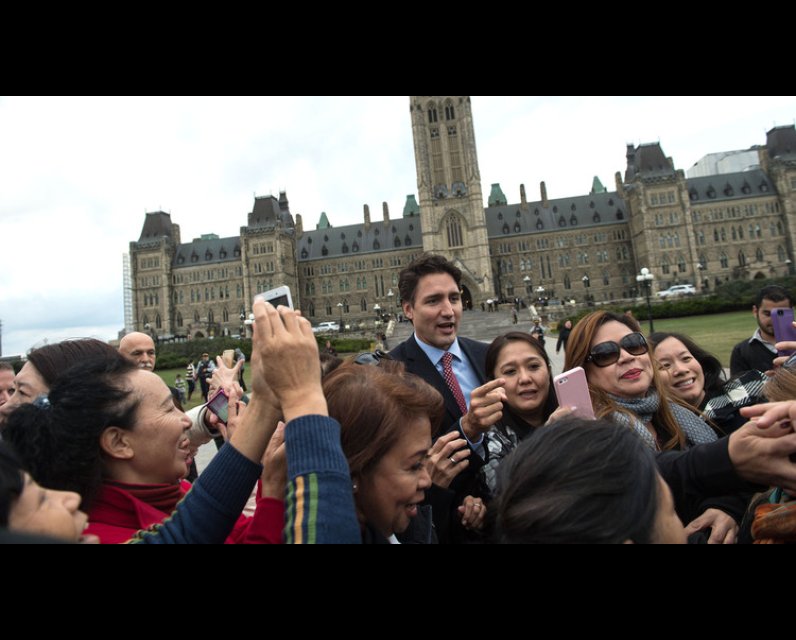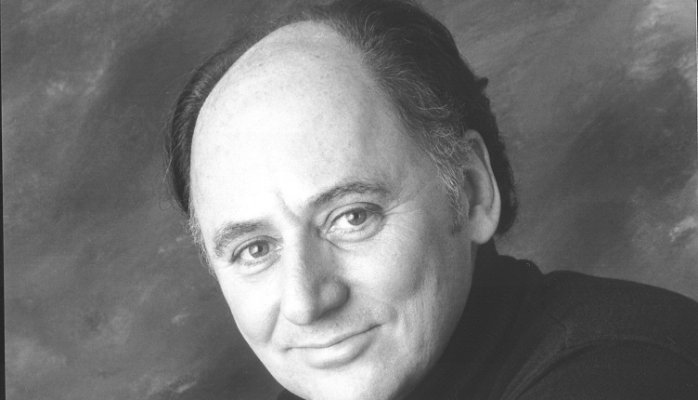Unpublished Opinions
David J. Mitchell has a broad professional background, spanning the private, public and education sectors. From 2009 to 2015 he served as President & CEO of Canada’s Public Policy Forum, an Ottawa-based non-governmental organization dedicated to improving the quality of government through multi-sectoral dialogue.
Previously, he served as Vice-President at three Canadian universities: Queen's, the University of Ottawa and Simon Fraser University. Directing fundraising and external relations at each institution, he achieved notable successes in strategic positioning and fund development.
David served as a Member of the British Columbia Legislature from 1991 to 1996, where he was Opposition House Leader and a watchdog on a broad range of issues including advanced education, resource management, labour relations and governance. He had previously gained experience in parliamentary procedure and legislative processes as Deputy Clerk of the Saskatchewan Legislature.
His significant private sector business experience includes executive positions within western Canadian resource industries, including vice-president of marketing and general manager of industrial relations.
Adjusting to Ottawa’s brave new world

A bounce in their steps and goofy grins on their faces, residents of Ottawa are exhibiting unusual behaviour. Even characteristically dour public servants return greetings with enthusiasm and seem genuinely open to impromptu conversations. It’s as if a pall has been lifted, akin to the thawing warmth of springtime after a long, cold winter. But in December? Recent visitors to Ottawa can be excused for feeling disorientated.
Of course, this has everything to do with the change of government precipitated by the election triumph of the Liberals under Justin Trudeau’s energetic and optimistic leadership. Our new prime minister has ushered in an epochal change that is felt right across the country, but nowhere as intensely as in Ottawa.
It’s extraordinarily palpable and seems without precedent. To be sure, we’ve experienced regime shifts before, with promising, new teams replacing tired, unpopular governments. Think of the incoming Chretien administration in 1993, or the Mulroney government replacing the Liberals in 1984. But never in memory has Ottawa been so completely absorbed and transfixed by the generational change represented by Trudeaumania 2015.
So far, the experience has been overwhelmingly positive. However, the shock of the new has also produced awkward moments, surprising “firsts” and some likely necessary adjustments.
Shortly after the new federal cabinet was sworn in, for instance, an orientation meeting for new ministers at the Pearson building in Ottawa concluded with civil servants joyfully mobbing the prime minister and his colleagues. The exuberance and fawning by the crowd of mostly female bureaucrats with smartphones at the ready was certainly a sign of the times, but also an embarrassing moment for our supposedly professional, non-partisan public service.
When Prime Minister Trudeau recently convened a First Ministers meeting in Ottawa focusing primarily on climate change, the gathering was remarkable on a number of counts. Not only was this the first First Ministers meeting in many years, it was also the first time any of those attending had participated in such a session.
As a further sign of the significant regime change, the political leaders were even briefed by two of the country’s top climate change scientists prior to the meeting. Indeed, the shift in emphasis and tone is so strong that the prime minister and premiers can easily be excused for their enthusiastic embrace of a meeting that was characterized more by its symbolism and good feelings than actual accomplishments. All seem pleased that the prime minister has vowed to make these conferences an annual fixture in Ottawa.
One big city mayor recently visiting the capital city couldn’t help but note the difference. During the past several years, he said, it was very difficult to schedule a meeting in Ottawa with a federal minister. They simply weren’t available. Now, by stark contrast, the same mayor finds it remarkable that cabinet ministers – who haven’t yet hired staff or organized their offices – are calling him to request meetings.
This raises some interesting questions about the role of lobbyists and government relations consultants in the national capital. With a new administration that seems so open and accessible, how will an industry and profession that have often traded on secrecy and special connections adapt to the new reality?
Similarly, how will pollsters and public opinion research houses respond to an environment where evidence-based policy appears to be relevant again? If good policy depends on sound research, then public opinion researchers are going to be in demand after many lean years when the bureaucracy was rarely encouraged to call upon their services.
And what about the news media and the challenge of reporting on this new style of government? Journalists are going to need to exercise a set of competencies that have atrophied over the past decade. Instead of relying on their solid research skills and dogged pursuit of material through access to Information requests, reporters will now want to revive the art and science of schmoozing: networking with politicians and public servants who once again seem willing to talk about policy options, as well as their own goals and aspirations.
Yes, Ottawa is a brave new world these days. If it will take some time for elected representatives to settle in and establish a sustainable pace for a different style of governance, official Ottawa also requires time to adjust to this shockingly brave new world.



Comments
Be the first to comment